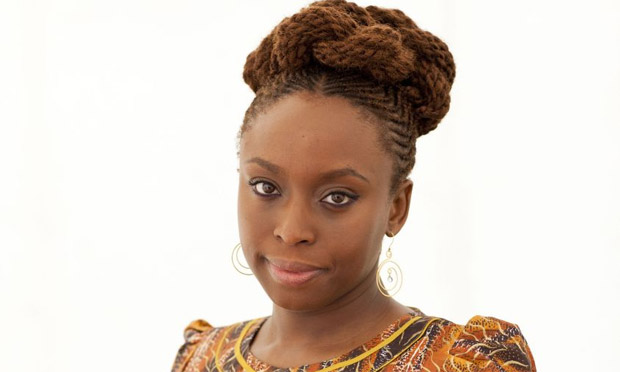


Against this backdrop, he is invited to a smug Islington lunch party by Emenike, a former classmate in Nigeria, who has married a high-flying solicitor. The newspapers are full of stories about schools "swamped" by immigrant children and politicians' attempts to clamp down on asylum seekers.

In England, Obinze struggles to get hold of the ever-elusive national security number that will enable him to work legally. She has an extraordinary eye for the telling nuance of social interaction within a particular kind of liberal elite. It is at this point that Adichie really begins to flex her muscles as a novelist: the sense of dislocation felt by both characters in two countries with wholly different histories and class structures is expertly rendered. Some years later, Obinze, too, goes in search of a better life, but to Britain. When Ifemelu is presented with an opportunity to continue her postgraduate studies in Philadelphia, she takes it. It tells the story of Ifemelu, a spirited young girl with strong opinions, and her teenage boyfriend, Obinze, who grow up with romanticised notions of the west, shaped by the literature of Graham Greene, Mark Twain and James Baldwin. Gratifyingly, Americanah does not disappoint. She was awarded a prestigious MacArthur "Genius" grant and in 2010, the New Yorker featured her in its list of the 20 best authors under the age of 40. A highly acclaimed 2009 collection of short stories, The Thing Around Your Neck, cemented her position as one of the most promising African writers of her generation. This is Adichie's third and most ambitious novel – her first, Purple Hibiscus, was longlisted for the Booker prize and her second, Half a Yellow Sun, won the Orange prize.


 0 kommentar(er)
0 kommentar(er)
